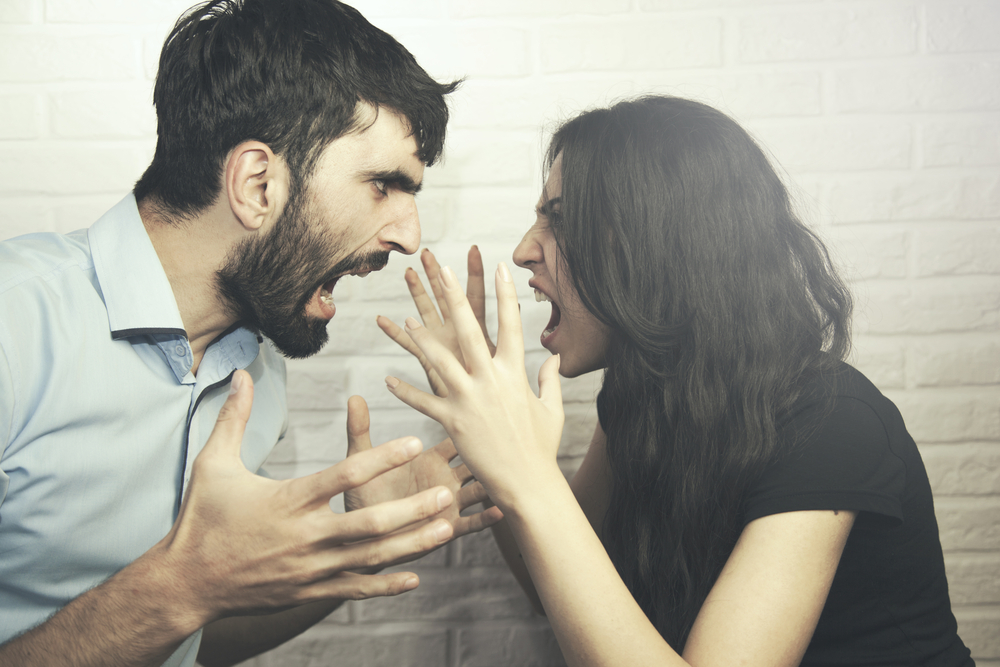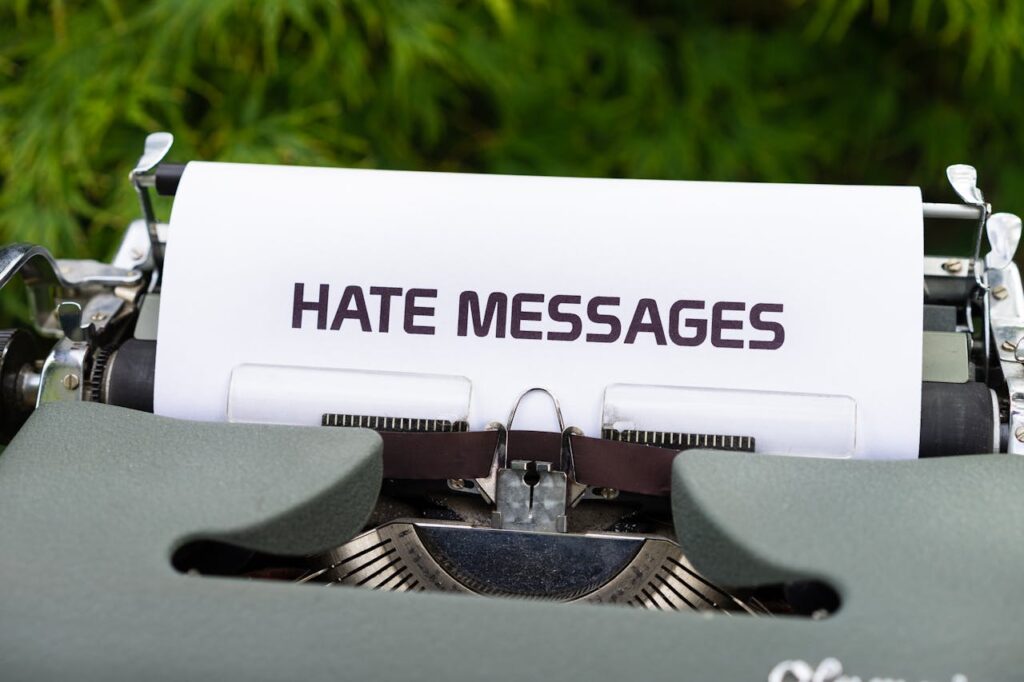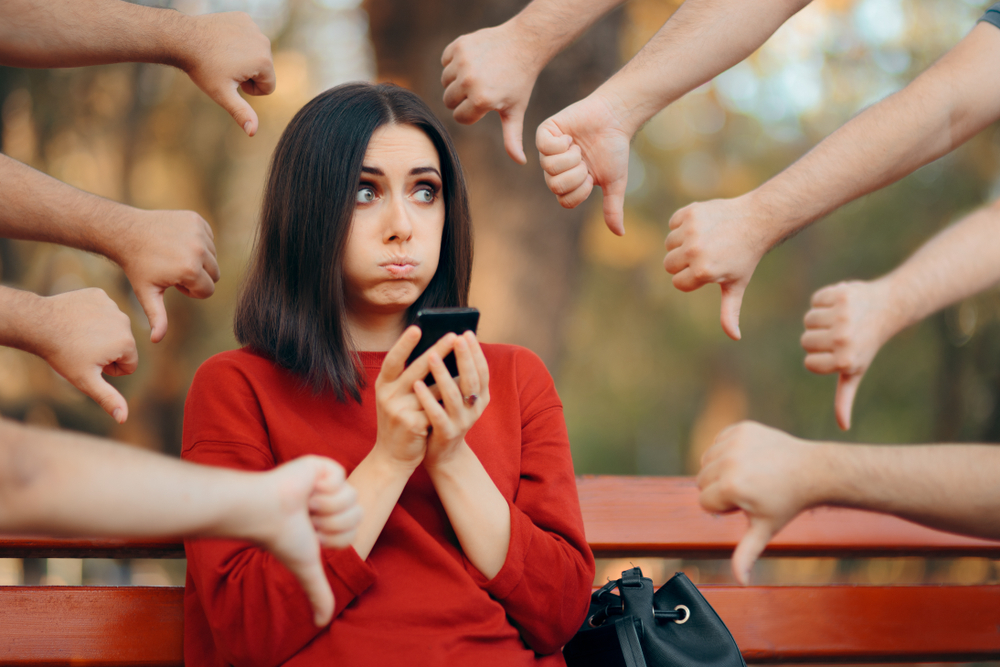
Let me ask you something. Have you ever walked into a room and felt an invisible wall? Maybe it was the way someone avoided your eyes, or how their tone carried a sharpness you couldn’t quite explain. In that moment, you wondered, “Do they hate me? What did I do?” That thought can sit heavy in the chest, like a weight you can’t put down. It can replay in your head long after the moment has passed, making you question not just that relationship but your worth as a person.
Here’s what I want you to know: most of the time, that hate you think you’re seeing isn’t actually about you. It’s about them—their pain, their insecurity, the stories they’ve built about the world long before you ever entered it. Psychologists call this projection: when someone takes their own fears or unresolved wounds and places them on you. What you experience as hostility may actually be the echo of someone else’s battles.
But sometimes, it’s not even about them either. It’s about you—your mind, shaped by past rejections, doubts, and insecurities, convincing you that you’re disliked even when you’re not. Cognitive distortions, those sneaky mental shortcuts, whisper things like “everyone is against you” or “you don’t belong.” And because the brain is so good at protecting us from danger, it often convinces us of threats that aren’t real.

Understanding “Unexplained Hate”
When someone seems to dislike you for no apparent reason, it can feel like an attack on your very being. We all want to be accepted, to know that we belong, and when that acceptance feels threatened, it shakes us at the core. The first instinct is almost always to look inward: “What did I do? What’s wrong with me?” But more often than not, the answer lies outside of you.
The word “hate” carries intensity, but it is also one of the most misunderstood emotions. Many people use it when what they actually feel is something entirely different—envy, fear, frustration, or even disappointment. A coworker might dislike your confidence because it highlights their self-doubt. A stranger might bristle at your presence because you unconsciously remind them of someone who once hurt them. In both cases, the hostility is not a reflection of who you are but of what they are carrying inside.
Experts in psychology often remind us that feelings of dislike or hate usually reveal more about the hater than the hated. Insecurity, a bruised ego, or clashing values can create tension that looks like animosity. And while that animosity may sting, it does not define you. Recognizing this truth is powerful, because it shifts the story from “I’m flawed” to “they’re struggling.” That shift doesn’t take away the pain of rejection, but it frees you from believing it is evidence of your unworthiness.
At the end of the day, when someone dislikes you without reason, it often has nothing to do with your value as a human being. It is their lens, their wounds, and their unresolved conflicts coloring the way they see you. And the sooner you recognize that their hate is not your burden, the sooner you begin to live lighter, with more compassion—for yourself and even, when you’re ready, for them.

Recognizing the Signs of Dislike
Dislike doesn’t always come with a clear declaration. More often, it shows up in body language, tone, and subtle behaviors that chip away at your sense of belonging. One of the most common signs is avoidance. When someone goes out of their way not to be around you—ignoring your calls, failing to reply to your texts, or steering clear in group settings—it may signal discomfort or hostility. It can be especially painful when this comes from people you once trusted, leaving you wondering what changed.
Defensiveness is another hallmark. If you notice that your presence seems to irritate someone, even in small interactions, it might show up as nitpicking, constant criticism, or unfair blame. This defensiveness is often less about you and more about the other person feeling threatened in some way. When people are unsettled internally, they sometimes lash out externally as a shield.
For others, dislike comes out in more overt ways: sarcasm, sharp words, or even open verbal aggression. In rare but extreme cases, it can even escalate to physical hostility. Then there’s the silent, corrosive form of disrespect—being excluded, having your ideas dismissed, or being talked about dishonestly behind your back. Unlike avoidance, which is passive, disrespect is active. It communicates not just distance, but devaluation.
Yet, here’s the caution: not every cold glance or slow reply means someone hates you. Life is complicated. People carry stress, grief, or exhaustion that has nothing to do with you. The danger is in assuming dislike where none exists. That’s why awareness matters—not to obsess over every behavior, but to help you distinguish between real hostility and misunderstandings shaped by your own fears.

Why We Feel Hated—Even When It Isn’t Truth
Sometimes the problem isn’t that others dislike us. It’s that we convince ourselves they do. That belief can be every bit as painful as actual hate, because the mind can blur the line between perception and reality. Cognitive distortions are often the culprit. They are patterns of thinking that exaggerate or twist reality. Overgeneralization makes us believe one negative experience represents all experiences. “Mind reading” convinces us we know what others are thinking, even though we don’t. These patterns fuel the feeling of being constantly disliked.
Low self-esteem amplifies these distortions. If you already believe you are unworthy, your mind will interpret neutral or ambiguous signals as rejection. A friend not replying right away becomes proof that they no longer care. A coworker not greeting you warmly becomes evidence they dislike you. In truth, most of these situations are far more innocent, but when your self-image is wounded, every silence becomes an accusation.
Mental health struggles can deepen this cycle even further. Anxiety makes you hypervigilant, scanning for rejection everywhere. Depression can color interactions with hopelessness, making warmth harder to see. Paranoia and other disorders may distort reality even more drastically. Even neurodivergence, like autism spectrum disorder, can make reading social cues more difficult, which can lead to feelings of being disliked even when that isn’t the case. These experiences are real, and they matter, but they are not always accurate reflections of how others see you.
The important truth is this: feeling hated and being hated are not always the same thing. Recognizing the difference requires self-awareness and, sometimes, professional support. But once you learn to separate reality from the distortions of your mind, you free yourself from carrying pain that was never yours to begin with.
The Role of Past Experiences and Social Dynamics
Your past doesn’t just live in your memory—it shapes how you experience the present. If you grew up with rejection, bullying, or neglect, your brain learned early on to expect hostility. Over time, it becomes a survival mechanism. The mind, always on guard, scans every social interaction for danger, interpreting even small slights as signs of hate. Being left out of a casual conversation can echo with the weight of every past exclusion, creating a cycle that reinforces itself.
Social psychology also shows us that dislike can stem from group dynamics rather than individual failings. Humans are wired for “in-groups” and “out-groups.” We feel safer with people who look, act, or believe like us. That means difference—whether in values, appearance, or worldview—can trigger distance or even hostility, without you ever saying a word. This reality is frustrating, because it means that sometimes rejection isn’t about what you’ve done, but about who you are perceived to be.
Cultural values further complicate these dynamics. What is seen as respectful in one culture can be seen as rude in another. For example, direct eye contact might signal confidence in one community and disrespect in another. In such cases, the dislike you feel might actually be a misinterpretation born of cultural difference. Recognizing these larger forces doesn’t erase the pain of rejection, but it can remind you that much of what feels personal is often the result of broader social and cultural systems at work.
Understanding these layers—your past, group dynamics, cultural differences—helps you realize that being disliked is rarely a simple matter of being “unlikable.” More often, it is the collision of histories, values, and perceptions that create misunderstandings. And when you see that bigger picture, it becomes easier to step back and stop taking every cold glance as a verdict on your worth.
Coping with the Experience of Being Disliked
Here’s one truth we can’t escape: you cannot control whether people like you. No matter how kind, generous, or thoughtful you are, there will always be someone who disapproves. But what you can control is your response. Instead of twisting yourself to meet everyone’s approval, anchor yourself in your values. Ask yourself: Am I living with integrity? Am I treating others with kindness? Am I being authentic? If the answer is yes, then that is enough.
That doesn’t mean you stop growing. There are tools that help build healthier connections. Active listening shows people you value them. Open body language communicates warmth. A sense of humor lightens tense moments. Offering sincere compliments or being reliable strengthens trust. These aren’t tricks to make people like you—they are extensions of your best self. But even when you practice them, some people will still dislike you. And that’s where acceptance comes in: realizing that you don’t need everyone’s approval to live fully.
Sometimes, though, the feeling of being disliked becomes overwhelming. It starts to control your choices—where you go, who you talk to, how you carry yourself. If that happens, reaching out for professional help is one of the most powerful steps you can take. Therapy can help you identify distorted thought patterns, heal old wounds, and give you strategies to navigate relationships without fear. It’s not weakness to ask for help—it’s strength. It’s you saying, “I refuse to live weighed down by what I can’t control.”
Moving Toward Self-Acceptance
No one in history has ever been universally liked. Even the most compassionate leaders, the most talented artists, the most generous human beings have faced criticism and hate. Trying to win universal approval is like trying to catch the wind—it will leave you exhausted and empty. The only approval that truly sustains you is your own.
Self-acceptance is not about arrogance or ignoring feedback. It’s about knowing that your worth is not negotiable. It’s about recognizing that when someone dislikes you, it is often a reflection of their pain, not your inadequacy. It’s about freeing yourself from the exhausting chase of trying to fit into everyone’s mold. When you stop seeking to be liked by all, you finally have the energy to love yourself as you are.
That shift is liberating. Instead of scanning rooms for rejection, you start looking for genuine connection. Instead of shrinking under criticism, you stand tall in your truth. Instead of carrying the burden of other people’s projections, you set it down and walk forward lighter. This doesn’t mean you’ll never feel the sting of rejection again—it means you’ll no longer mistake it for proof that you are unworthy.
So the next time you wonder, “Why do they hate me for no reason?” pause. Breathe. Remember that their reaction is often a mirror of their struggles or the shadows of your own mind playing tricks on you. You don’t have to carry it. You don’t have to own it. Anchor yourself in who you are, live with integrity, and let the rest fall away. Because the moment you stop needing the approval of everyone else is the moment you taste freedom.
Loading...

